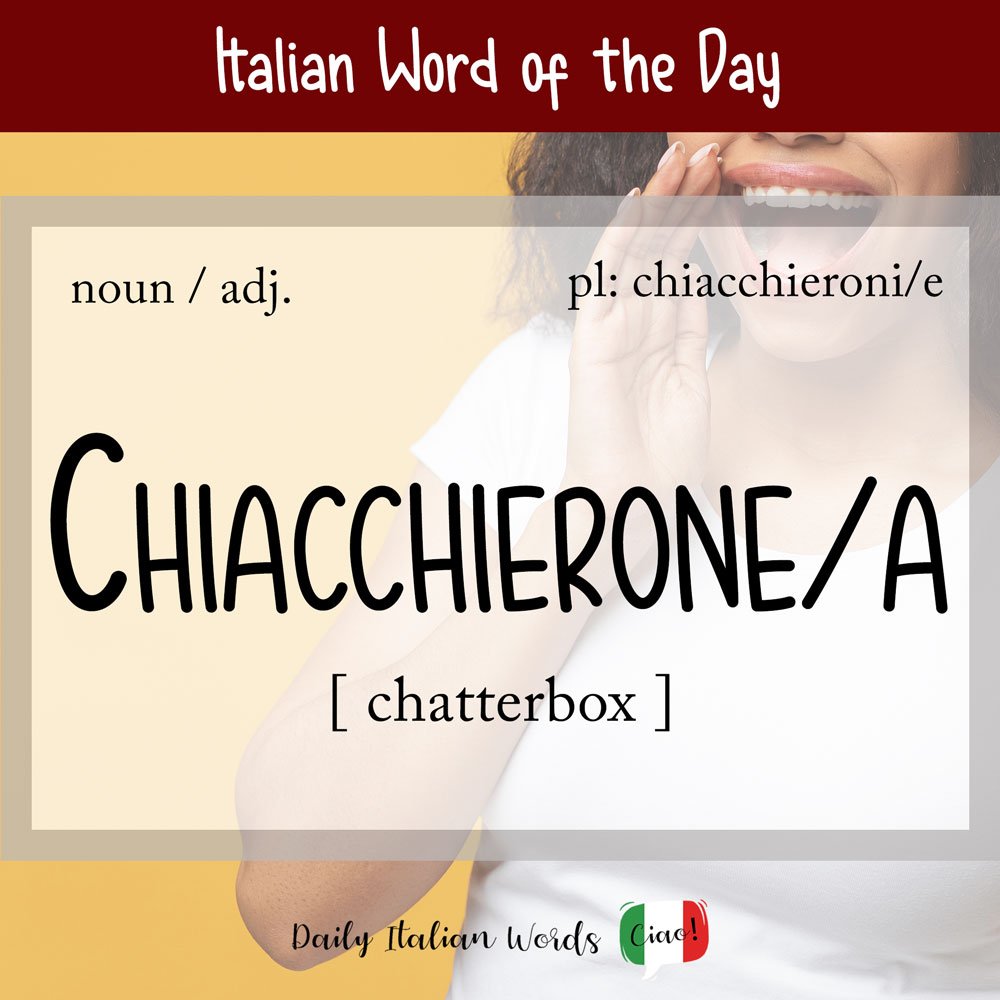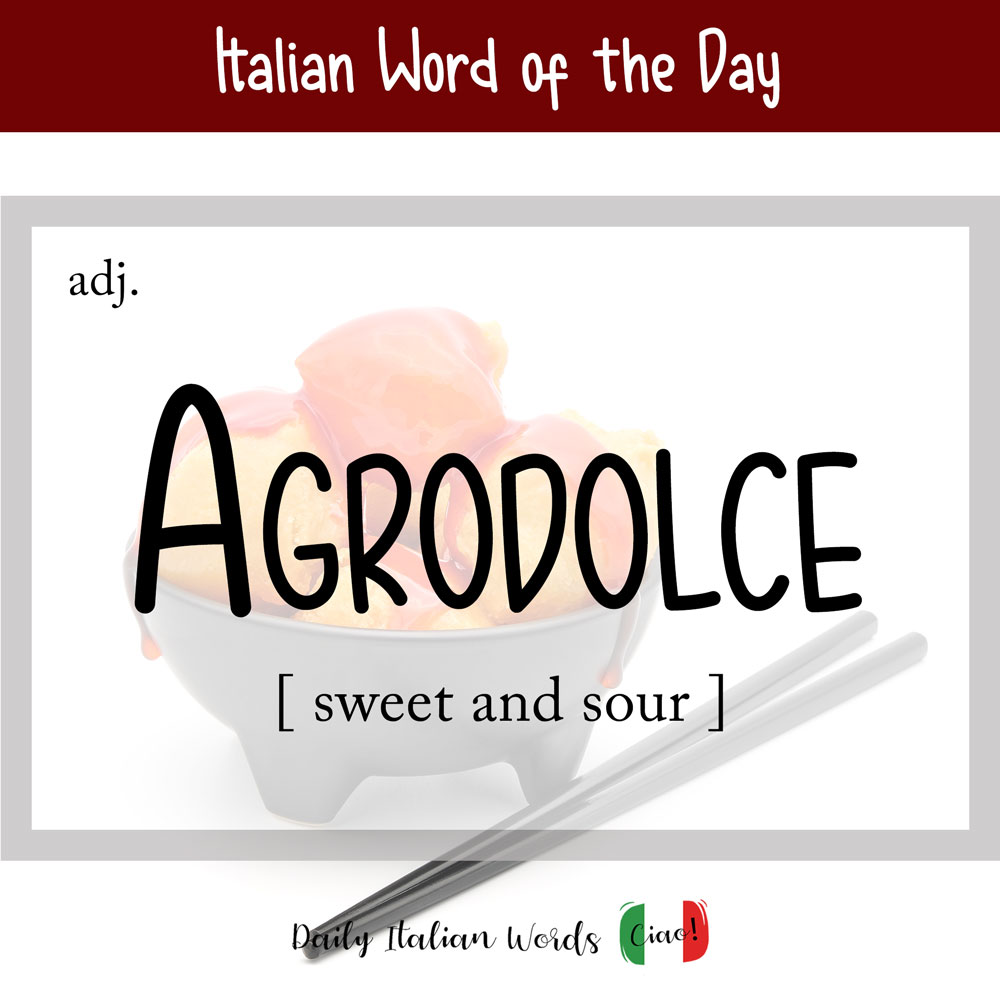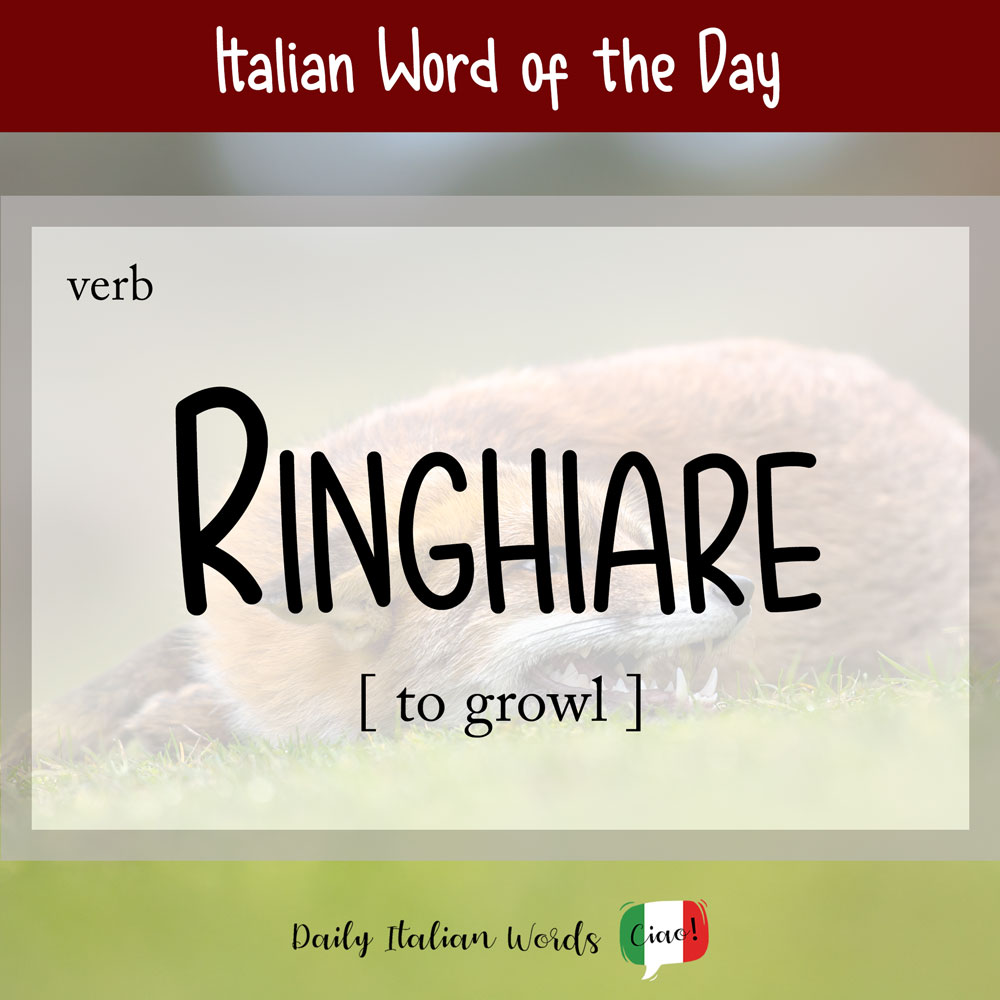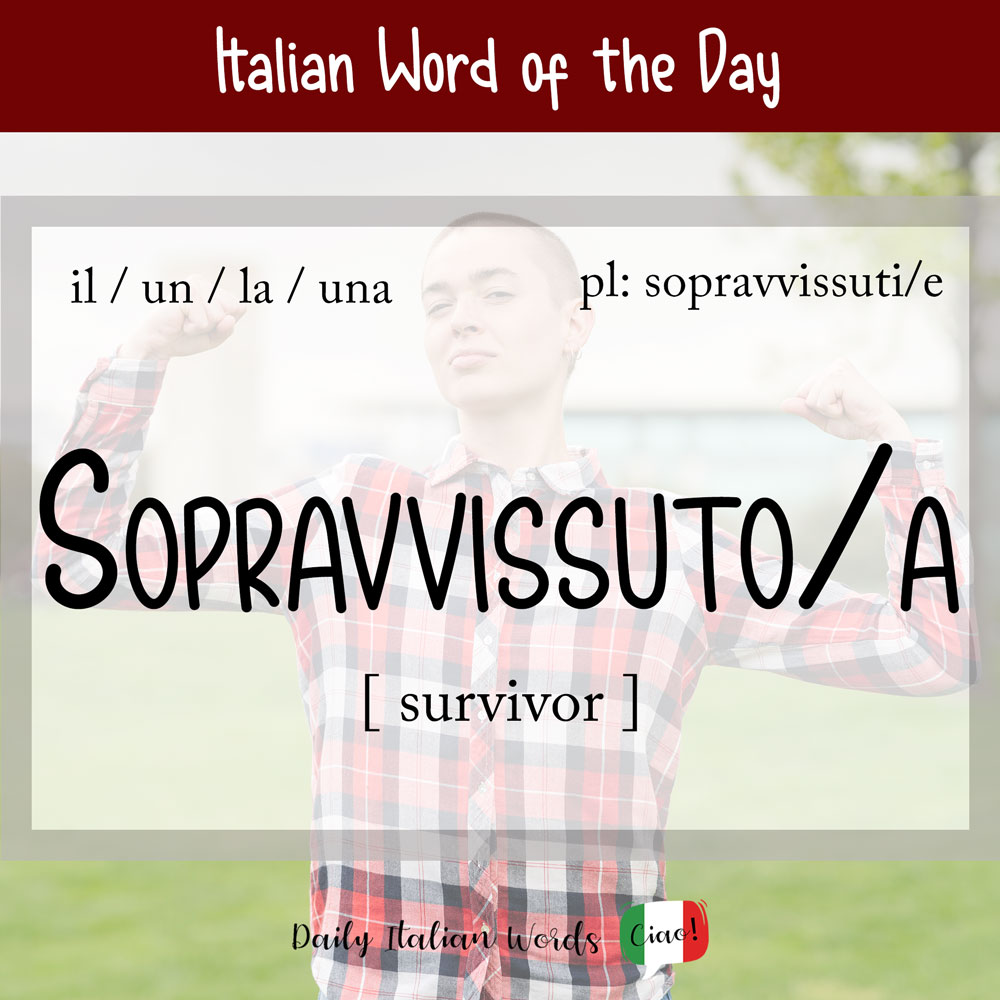Italian Word of the Day: Chiacchierone (chatterbox)
Do you know someone who can talk the hind legs off a donkey? If so, you’ll definitely be keen to learn today’s word of the day! Chiacchierone is what you would call a very talkative man, with the best English translation being chatterbox or talker. The feminine and plural equivalents are as follows: chiacchierona = …






